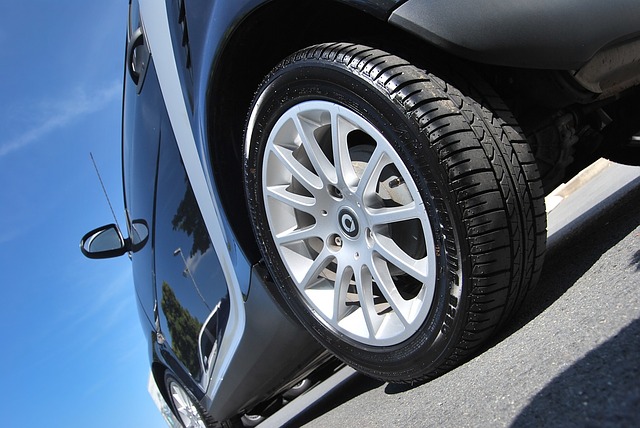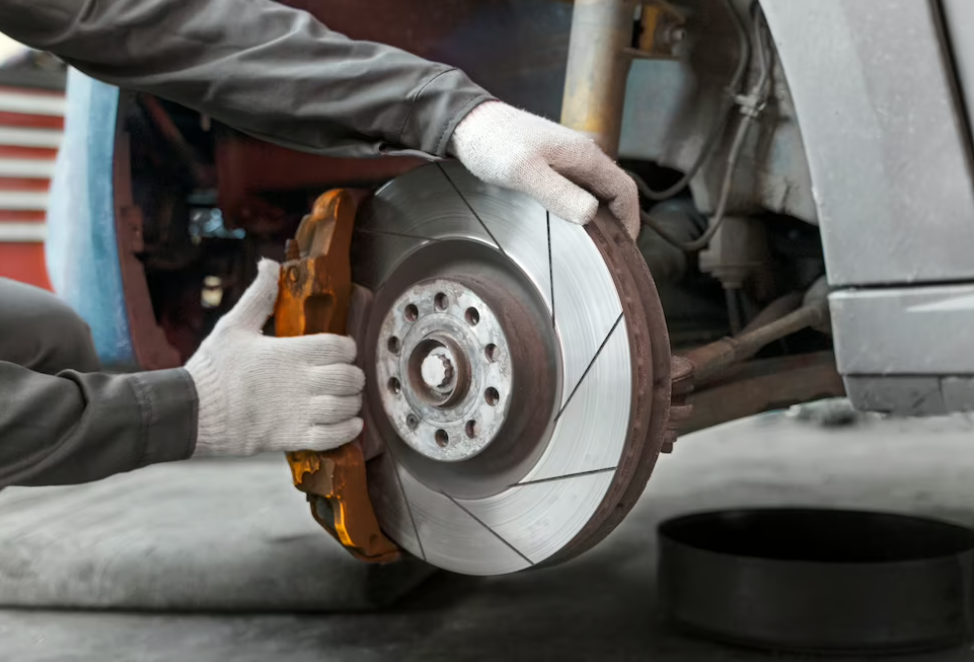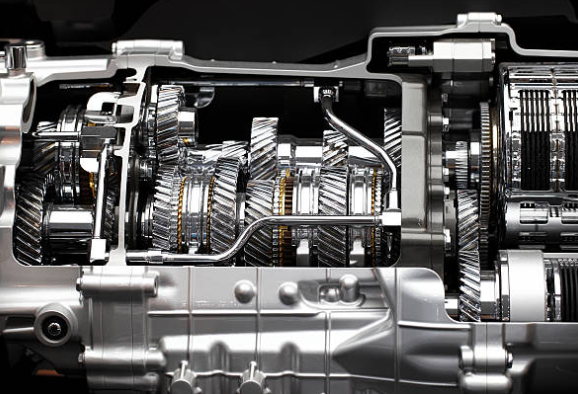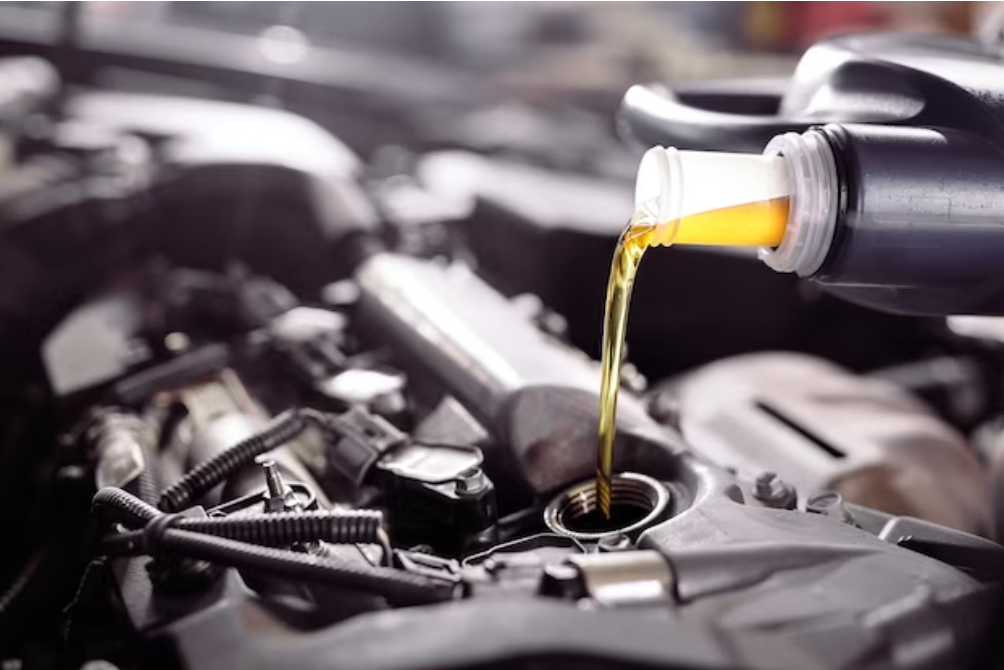Summer Tires vs All-Season Tires: Which Should You Choose?
Every year, like clockwork, a blogger warns about the perils of winter driving, only to be met with the familiar refrain: "Get winter tires!" It's a tiresome exchange, but there's truth to it.
The real debate starts when those same advocates turn their attention to summer tires as temperatures rise. Most of us stick with all-season tires year-round for convenience, but is that the best choice?

Are summer tires truly superior? Doesn't their name imply they're only suitable for a limited season? And aren't all-season tires better equipped for varied conditions?
Let us give you comprehensive information about tire choices, from the distinctions to the advantages, drawbacks, and essential information to guide your next tire purchase.
What Are Summer And All-Season Tires?
Although this is not an exhaustive guide to tires, let us quickly go over the distinctions between summer, winter, and all-season tires.
Summer tires include firm sidewalls, fewer sipes, and larger tread blocks to provide better traction and stability in warm weather. In performance cars, they are excellent.

Winter tires, on the other hand, are designed with a flexible rubber compound for cold temperatures with additional tread blocks and sipes to manage snow and ice.
All-season tires are a practical option for year-round driving since they combine the best of both worlds with a design and material that can withstand a range of situations.

It's tempting to believe that all-season tires, being versatile, are the best choice. However, tire theory tells us otherwise.
Tire design involves trade-offs; improving one aspect often means sacrificing another. All-season tires, while adequate for most conditions, don't excel in extreme situations like summer or winter tires do. They're a compromise from the start.
For many drivers in typical conditions, this compromise isn't a problem. But for harsher weather or high-performance vehicles, specialized tires offer better performance.

Ideally, you'd use summer tires in warm weather and winter tires in cold weather weather. However, tire choice isn't black and white, as different regions experience varying climates and seasons.

Consider your location; if snow can fall well into spring, all-season tires might be the safer choice. In warmer regions with rare snowfall, summer tires excel, and all-season tires can suffice for the occasional cold snap.
Tire storage is another factor; owning two sets of tires might not be feasible for everyone.
Ultimately, proper tire selection depends on your location and driving habits. While we can offer guidance, consulting with locals who share similar driving conditions is invaluable.
Absolutely! We've only scratched the surface of tire choices. All-weather and UHP tires are among the alternatives to consider, each with its own merits and drawbacks.

Beyond tire designation, factors like tread design, rolling resistance, and road noise influence performance. There's no one-size-fits-all solution; vehicle type and climate play crucial roles in tire selection.
Again, discussing this with fellow drivers in your area can provide valuable insights into the best tire choices for your specific circumstances.
Can I mix different types of tires on my car?
Mixing tire types is not recommended, as it can damage mechanical components and affect vehicle control. Additionally, it may be illegal in your area.
Are there alternatives to summer performance tires?
Yes, high-performance vehicle owners may opt for Ultra-High-Performance (UHP) tires, which are better suited for handling enhanced power levels.
What makes all-season tires popular?
All-season tires are favored for their consistency across different conditions, lower road noise, increased driving comfort, and longer tread life compared to summer tires.
- The first car tire debuted alongside the first car in 1888. Winter tires were introduced in 1934, followed by all-season tires in the early 1970s.
- High-performance vehicle owners have options beyond summer performance tires. Ultra-High-Performance (UHP) tires are better equipped to handle increased power levels.
- All-season tires offer consistency across various conditions, lower road noise, increased comfort, and longer tread life compared to summer tires.
- Winter tires have a softer compound to maintain flexibility in freezing temperatures, but this compromises their traction in warm conditions.
Click on the following link to read another blog post: What Are Center-Lock Wheels?














